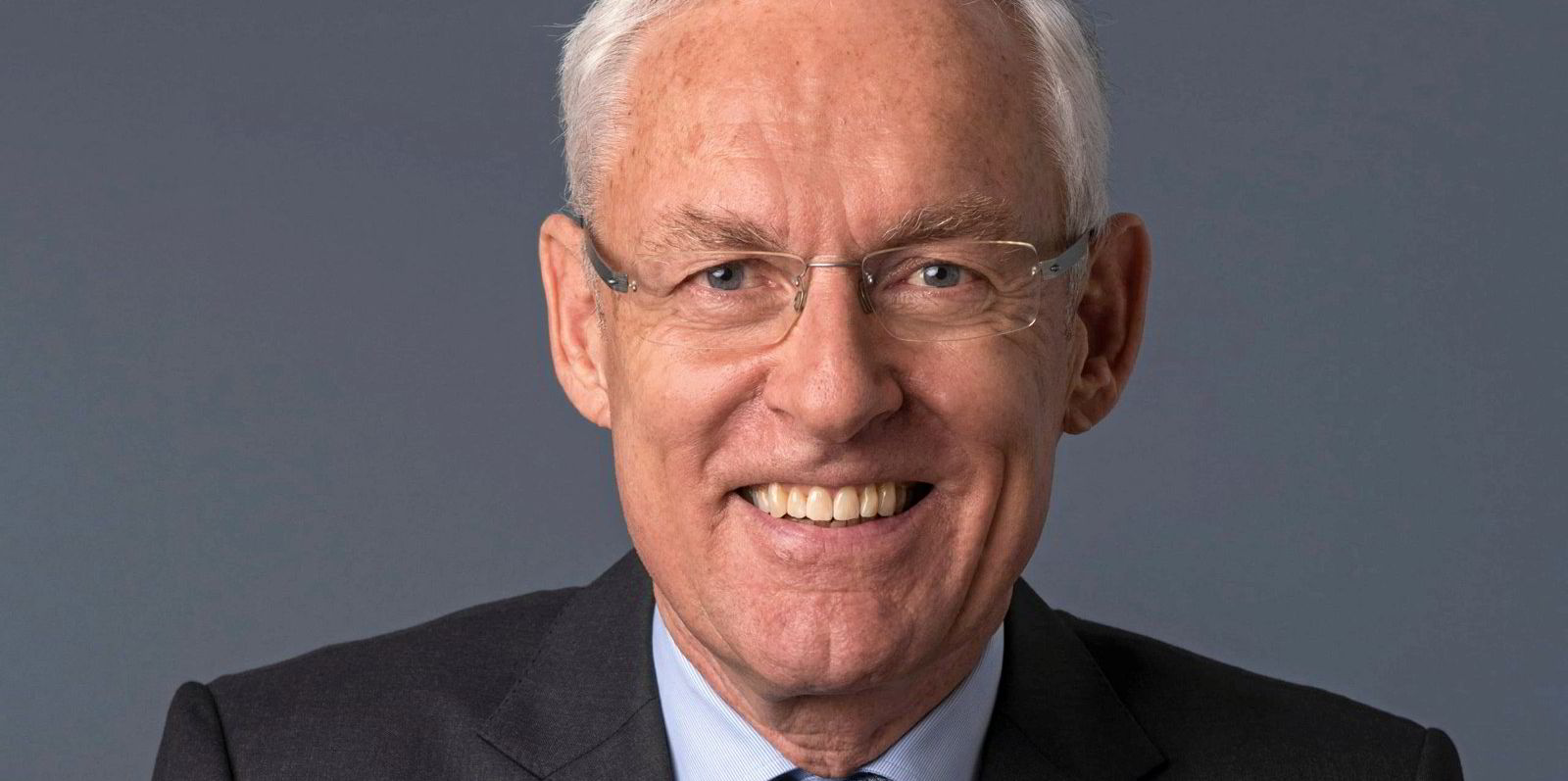Maritime firms sighed with relief last summer when the OECD granted them an exception from a minimum 15% global tax rate on all international companies grossing more than €750m ($860m) a year.
Shipping’s blanket exemption, however, is less watertight than it seemed.
A final version of the Global Anti-Base Erosion Rules (GloBE) textbook agreed by governments late last year introduces a key qualifier.
To get the exemption, shipping companies must show that the “strategic or commercial management” of their vessels is “effectively” carried out from the same jurisdiction in which they are formally located.
Shipping had initially expected an unequivocal sector exemption, commented Richard Stephens, a partner at law firm Watson Farley & Williams.
The OECD’s final guidelines, however, “reveal something really rather different”, he added.
The freshly introduced clause probably targets offshore registration jurisdictions.
“Liberian and Marshall Islands shipowning companies will not have either strategic or commercial management taking place in Liberia or the Marshall Islands,” Stephens said.
Matter of interpretation

“Carrying out those activities in those jurisdictions is likely not a practical option, and so large groups utilising such companies may have a GloBE issue to solve.”
Low or zero-tax jurisdictions may find comfort in the fact that the OECD’s wording leaves wiggle room for interpretation.
“Is technical management part of commercial management? Do board members flying into a country to hold strategy-setting board meetings in a hotel four times a year carry out strategic management?” Stephens asked.
Much will depend on how countries across the world choose to interpret the OECD guidelines when translating them into domestic law.
If applied strictly, however, tonnage tax regimes such as those prevalent in the EU, the UK or Singapore should be the long-term winners.
Some countries may try to introduce tax rates of around 10% — low enough to attract refugees from zero-tax jurisdictions but high enough to possibly avoid OECD scrutiny.
“A new ‘race to the bottom’ may arise,” Stephens said, pointing to the United Arab Emirates, which has already announced a 9% corporate tax rate.
Furthermore, mid-sized and small shipping companies shouldn’t feel too comfortable about the fact that GloBE applies just to behemoths with annual revenues exceeding €750m.
Once established, the floor could be lowered in future, Stephens argued: “Mission creep may drag in more groups.”
GloBE is to take effect in 2023.





